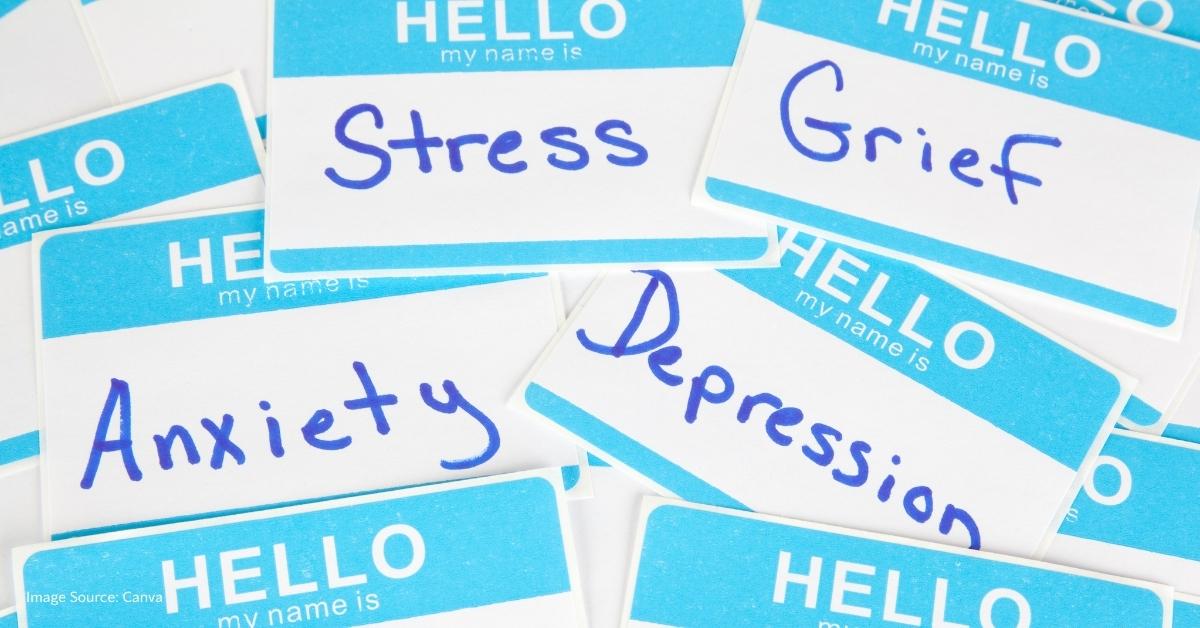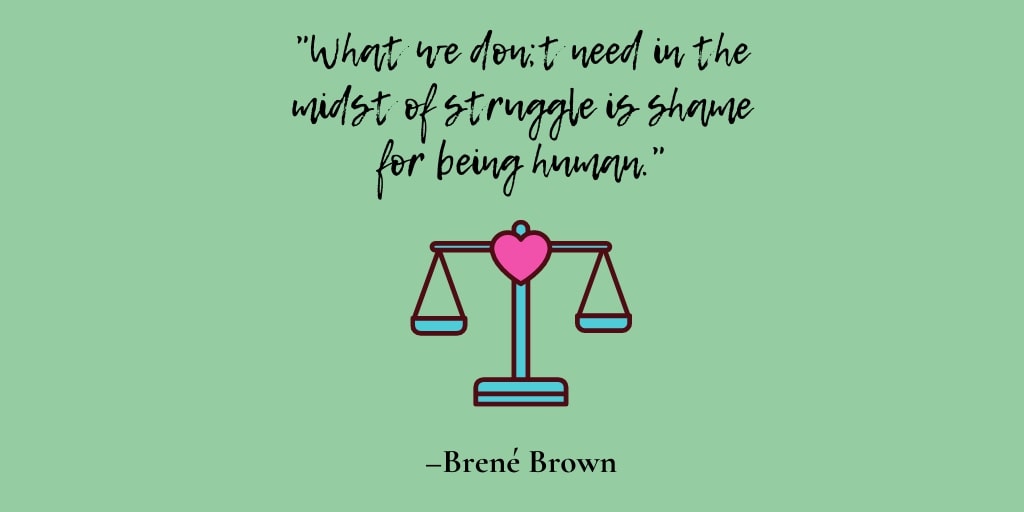Written by Geetika Setia | Reviewed By John Victor | Updated On September 30, 2022

Listen to this article in Audio
MENTAL HEALTH CRISIS
“The first step towards change is awareness. The second step is acceptance.” - Nathaniel Brandon.
Residing in a country where mental health is merely just a term tossed around on social media, the idea of making a change in the mental health community is rather far-fetched. The lack of awareness about the importance of mental health and its view as a fictitious term relative to physical health makes it even more challenging to recognize and accept what it deserves.
The global pandemic of COVID-19 has caused millions of people to lose their loved ones, their livelihoods, and so much more. It has led people towards days and months of isolation which has further deteriorated their mental health. As humankind is together suffering from collective grief, it is now the need of the hour to strengthen our mental health resources. With the collapse in people's mental health everywhere, this pandemic will follow a worldwide Mental Health Crisis.
In India, only 1.93 mental health workers are available per lakh population. This is the unfortunate reality that needs to be addressed to emerge victorious from the mental health crisis. There has been a sharp decline in people’s mental health ever since the pandemic began. Due to these unprecedented times, people report more concerns about increased anxiety, low moods, lack of motivation, and existential anxiety.
To begin with, the strong stigma around asking for help prevents individuals from reaching out for help, and they are therefore suffering alone without any support. Due to a lack of well-trained mental health professionals, the people reaching out for help cannot find suitable resources. Furthermore, with the increasing workload of mental health professionals, they also face emotional and professional burnout.
While the policies to regulate mental health care infrastructure in our country may not be in our control, strengthening the mental community and resources to help ourselves and others around us is something we can do. Awareness, accessibility, and allyship are issues that we can tackle together as a community.
Becoming a Mental Health Ally
The stigma around mental health is one of the biggest reasons people cannot reach out for help. As allies, we can help create a healing and nurturing space for people who feel okay to be not okay. This helps them share their concerns with others and reach out for professional treatment.
This can be achieved by educating ourselves and others about basic mental health issues to know that treatment is possible and available.
Practicing skills like active listening without judgment, empathy, and being mindful of our own words can greatly help reduce the stigma around mental health.
Getting involved at our own individual level can also help create awareness about the right resources that may help someone around us in need. This can be done effectively in this powerful era of social media.
Advocating mental health by sharing our own stories about therapy and treatment also helps normalize and motivate others to seek professional help.
Creating a safe and nurturing ecosystem that facilitates individual healing begins with awareness and acceptance.
.jpg)
Parenting-Kids
6 Helpful Ways To Cope With Working-Mom Guilt | Reevin
Parenting-Kids
Small Steps For Building Parent-Child relationship | Reevin
Parenting-Kids
What is Behind The Feelings of Shame?
Parenting-Kids
How To Deal With Impending Mental Health Crisis?